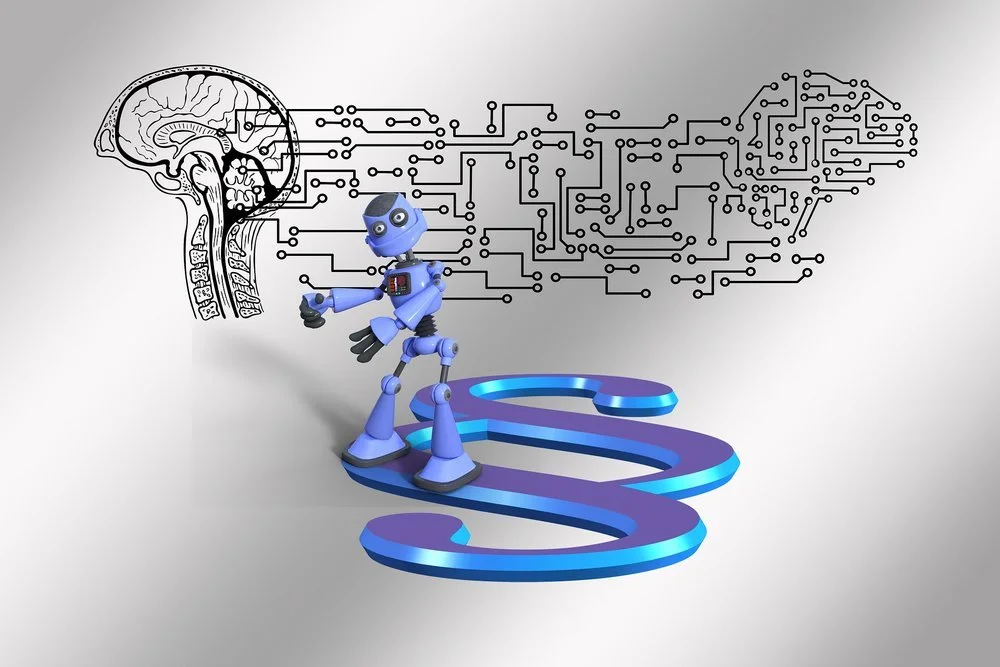Artificial Intelligence: The Benefits and Implications of its Introduction
Artificial Intelligence can offer many benefits and vastly improve the world around us. However, the use of AI in unethical manners can often lead to numerous consequences. Read on to learn more about the ethics of AI applications.
Image courtesy of Pixabay
What benefits does AI have?
The 4th Industrial Revolution (4IR) began around 2011, and it encapsulates advances in artificial intelligence and machine learning. As of now, we are only ten years into the 4IR, but we have already seen massive developments in technologies such as autonomous cars and search engines.
There are massive economic benefits of AI that will make the world a more efficient and productive place, as well as its analytical capabilities to process and find patterns in large amounts of complex data that humans can only begin to comprehend. There is also speculation that AI will create millions of jobs in the near future.
What concerns are there about AI?
PRIVACY AND INFORMATION SAFETY
Artificial intelligence is a double-edged sword. Due to the sheer power and the advantages it could provide to all of society, it also holds many risks. One of them being that if we let AI play too big of a role in our lives, it will lead to a lack of privacy and a breach of security. Making sure that personal data (medical records, IP addresses, passwords, etc.) does not get misused in any way is of utmost importance.
ECONOMIC MATTERS
Developing AI any further will require a lot of money to be put into collecting data and testing models. It will also require vast amounts of computational resources in order to train more and more complex models. Deciding how much the budget for innovation should be is not an easy task. There is also fear that the rise of artificial intelligence will lead to the loss of millions of jobs from factory workers to advertisers.
RELIABILITY AND ACCURACY
Training a machine learning model requires vast amounts of data, and ensuring that the data being used to train a model is collected ethically and is of good quality and accuracy is integral to creating authentic models. If data is corrected in an unethical fashion and is of bad quality, this could pose a risk to many millions of lives. For example, if said model was to be used in a medical setting to assist doctors in diagnosing lung cancer, it is vital that not only the model accuracy be high, but also the data the model was trained on was valid.
ABSTRACT ISSUES
While the following are issues that are far less likely to be of any relevance in the near future than ones previously discussed, they do provide a point to ponder. Because of the nature of AI and its unprecedented growth in the last decade, unforeseen issues may arise. Perhaps there is a major red flag about AI that we have not yet seen the effect of, but may come into play a few decades down the line.
Humans have always been fascinated with machines becoming self-aware (a prime example being the Terminator movie series), and in the far future that may turn out to be one of said unforeseen problems.
MACHINE LIABILITY
Suppose a fully autonomous vehicle with a manual override gets into an accident while the driver is not attentive. Who is there to blame? Would it be the driver for not paying attention? The automobile dealer for selling the car? The developer for their faulty programming? It is difficult to determine who is liable in situations like these, which may arise on numerous occasions.
Conclusion
Machines are becoming larger and larger parts of our world every passing day. We do not want to end up in a world in which we are controlled by machines rather than the other way around. Being cautious of how big of a role we let artificial intelligence and machine learning play in our lives is paramount.

